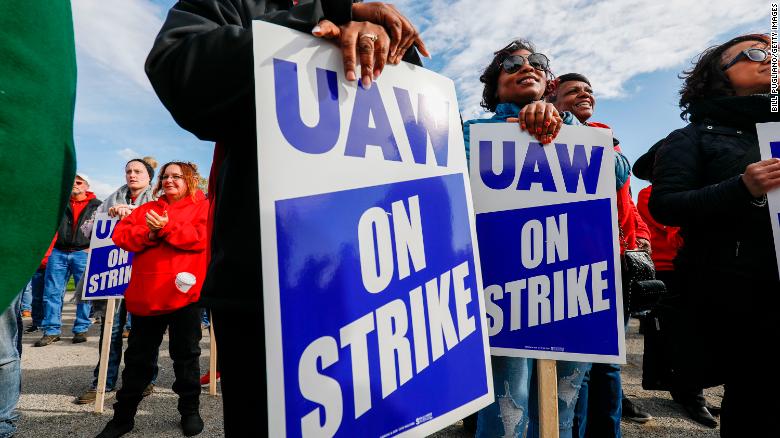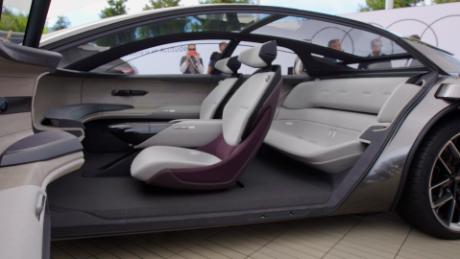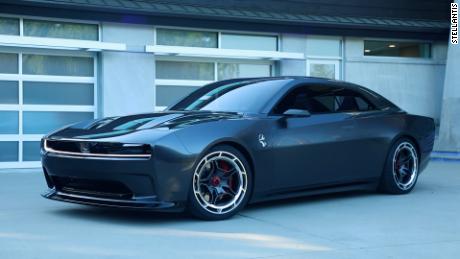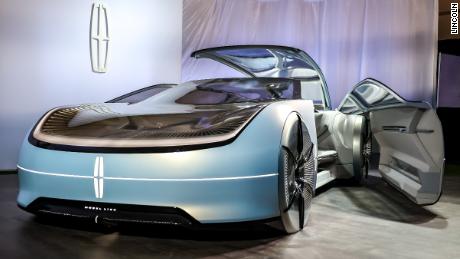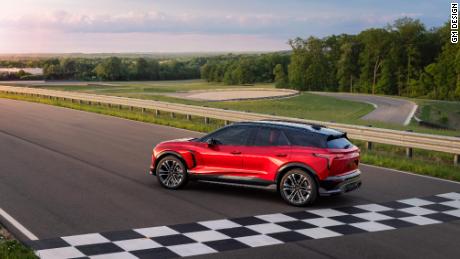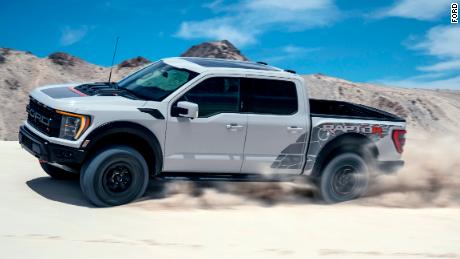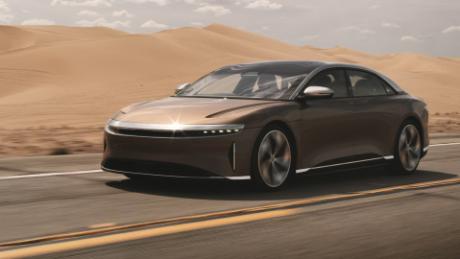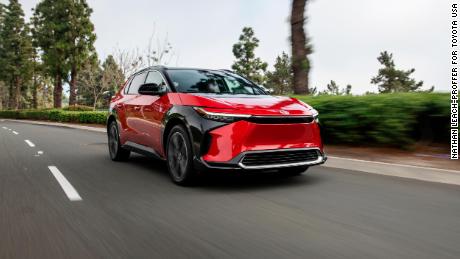New York (CNN Business)After nearly six weeks, the strike at General Motors is in the rear-view mirror. Next up: Negotiations between the United Auto Workers union and Ford (F).
Many had expected the union to try to reach a deal with Ford first, because of its relatively good relations with the company. Ford employees have not gone on strike since 1976.
But when GM (GM) announced plans last November to close US plants, it put itself in the UAW's crosshairs and made its strike almost inevitable.
Eventually, negotiations with Fiat Chrysler (FCAU) will move to the front burner. But first comes the negotiations with Ford.
Negotiators could have difficulty reaching a deal at both companies. Four years ago, when Ford's current contract was put to a vote, only 51% of membership approved it. At Fiat Chrysler, the rank and file rejected the initial deal there.
Those tough votes at Ford and Fiat Chrysler in 2015 came despite contracts containing the first raises in base pay in more than a decade and an eventual end to a two-tier pay scale that paid new hires significantly less in salary and benefits than veteran autoworkers.
This time, the contract may have far fewer incentives to win over the rank and file.
If a deal isn't reached, that increases the risk that union leadership will have members its walk out. Union leadership already has authorization of rank and file members to go on strike.
Still, a strike at Ford isn't a foregone conclusion. If a deal is reached without one but is then rejected by membership, negotiators could try to reach a new deal while employees remain on the job. That's what happened at Fiat Chrysler in 2015.
The GM deal, which the union will use as a template for upcoming talks with the other compaies, gives veteran workers an $11,000 signing bonus, and 6% raises in the top base pay over the four years of the contract. It also allows for lump-sum payments in years that the base pay it not increased. And it will give some temporary workers the ability to become permanent employees.
It also will let members continue to pay only a small percentage of the overall cost of their health care coverage. The automakers had hoped to change that formula heading into the talks.
Even if the UAW can replicate the terms of GM's deal at Ford and Fiat Chrysler, that might not be enough to get them ratified by its membership. The automakers don't want to raise the base pay too much, offering instead profit sharing and lump-sum payments to give the workers more money. And they don't want to eliminate the use of temporary workers.
Both the union and employees are also concerned that electric cars and other technology that automakers are focused on could one day eliminate some of their jobs. Electric vehicles are expected to require about 30% fewer workers to assemble. Job security will be a major concern of these talks.
At GM the union was pushing to save plants slated to close by having GM shift production back to the US from Mexico. GM refused to do that in the final deal that was reached. One advantage for the next talks is that neither Ford nor Fiat Chrysler has announced any plant closings. Nor do they produce as many vehicles in Mexico as GM does.
The workers at Ford and Fiat Chrysler just saw the GM strike stretch on much longer than expected. The desire of GM workers to return to work and get paychecks again was likely a factor in the contract's approval with 57% of the vote.
That suggests that some Ford and Chrysler workers might be nervous about voting down any tentative deal and risk a long strike.
